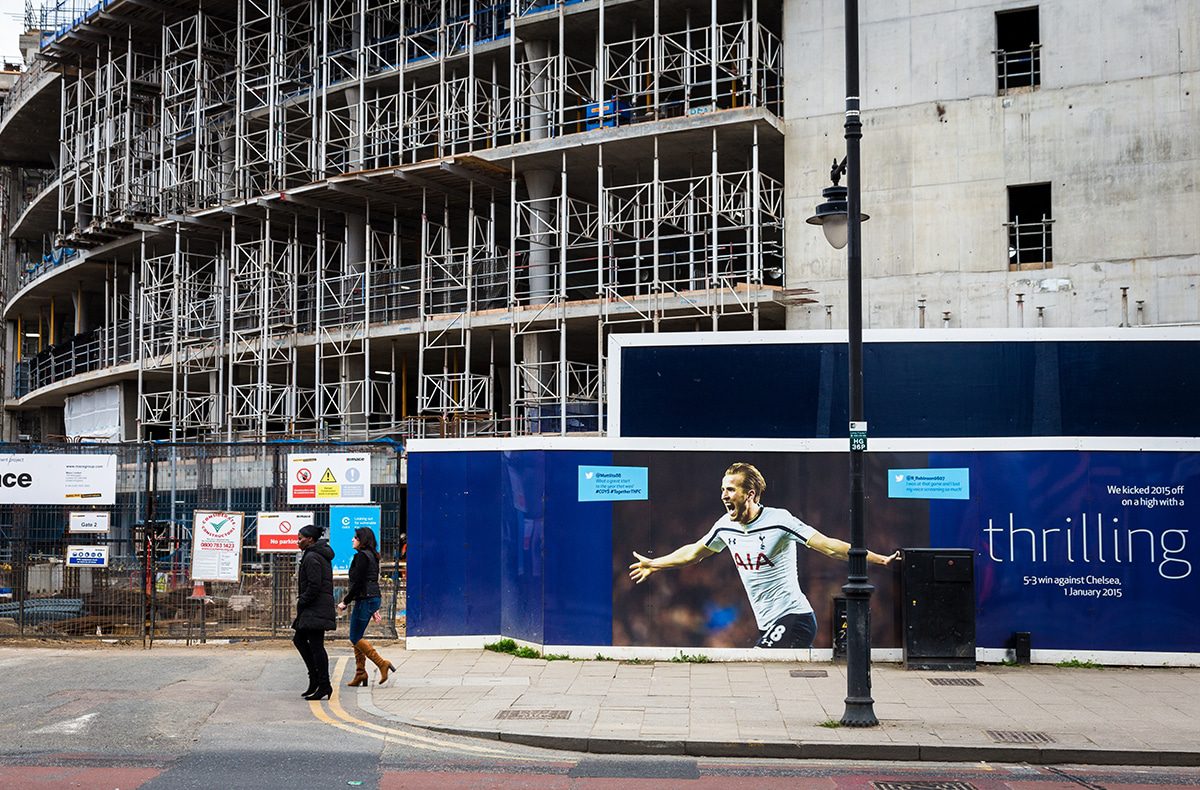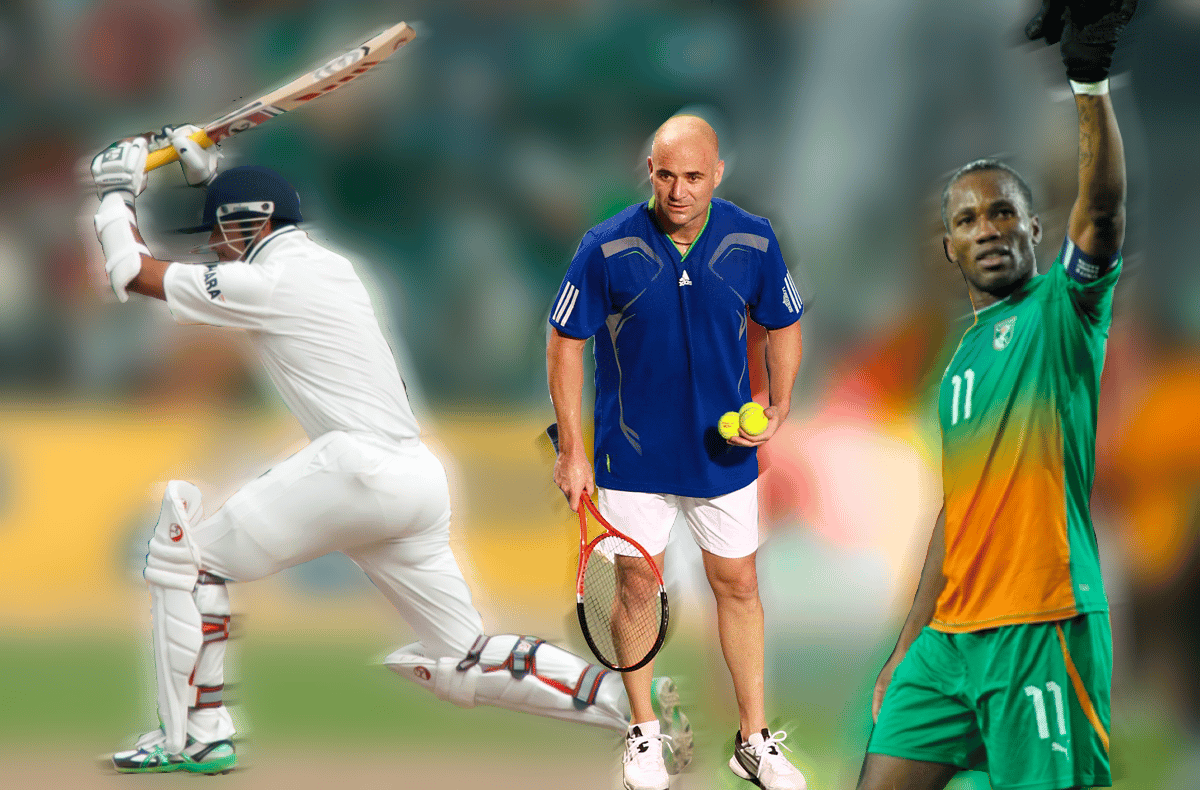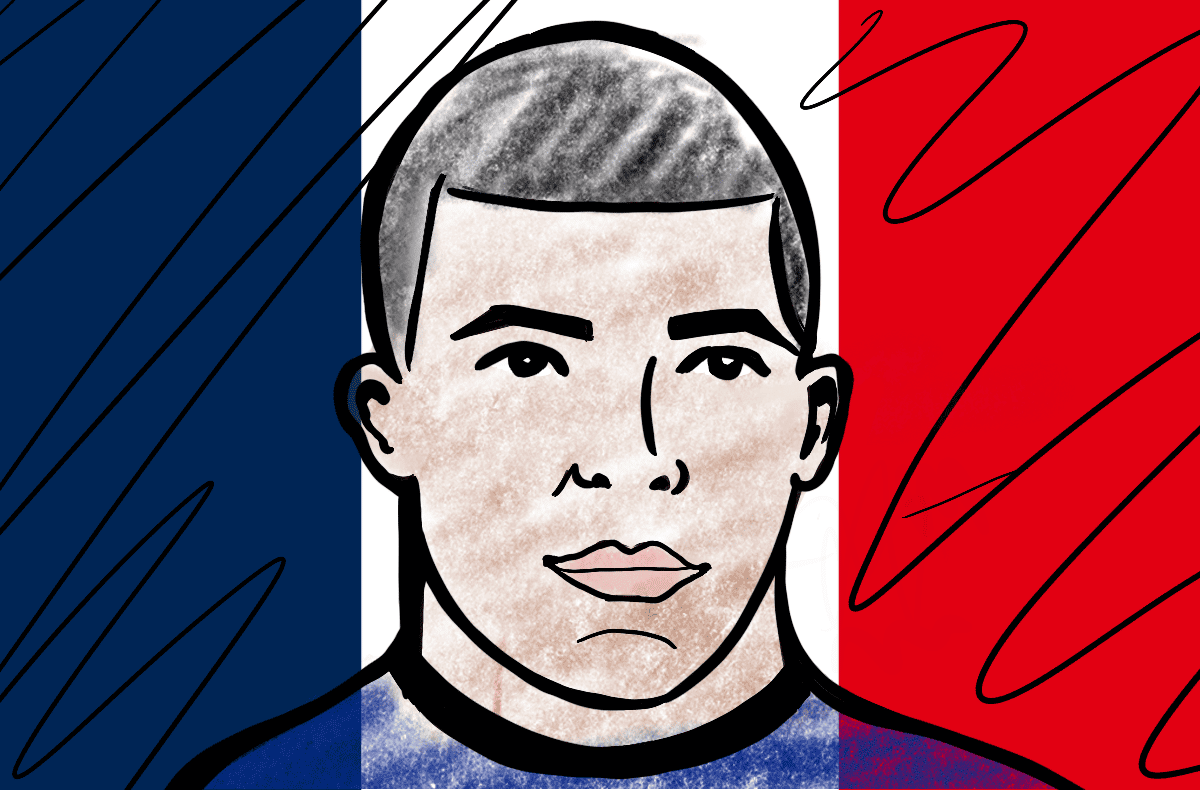
On Saturday, September 3, Harry Kane did what he was born to do for the 188th time against Newcastle United, becoming the third highest goal scorer in Premier League history. At the same table as two giants of English football, Wayne Rooney and Alan Shearer, the 29-year old now finds himself amidst some pretty esteemed company.
Logically, the natural disposition should be to applaud the Englishman for being in the 1% amongst the 1% of legendary strikers to have played in the Premier League. But different rules apply to Kane, who is given his flowers for a brief second before they are snatched away. Amongst the average football fan, praise for Kane is often followed by a pause, a wry smile, and the same recycled conversation about his lack of silverware.
While some blame Kane personally for his dearth of tangible success, others lament at what a shame it is that a player of his calibre has yet to lift a major trophy. Both tones smack of an indecisiveness over whether the England captain is truly in the same bracket as other legendary goalscorers in the Premier League.
Whether you name the only two strikers to have outscored him in the league—Alan Shearer, Wayne Rooney—or even other greats such as Thierry Henry, Sergio Agüero or Didier Drogba, more often that not, Kane is not deemed worthy to be mentioned in the same breath as this bunch. But from a purely empirical standpoint, the numbers make a strong case for the Walthamstow-born goalscorer to be classed as one of the greatest ever strikers to grace the English game.
Those committed to moving the goalposts by taking aim at Kane as an all-round footballer are fighting a losing battle. In the 2020/21 season, Harry Kane became only the third number nine in the division’s history after Andy Cole (1993/1994) and Thierry Henry (2002/03) to top both the goalscoring and assist charts. While the first two to achieve the said feat did so for title-winning sides, Kane replicated history perhaps more impressively for a Tottenham Hotspur side that finished 8th.
However, the argument around other strikers of yesteryear leading their sides to titles is a valid one, which does not apply at any point in Kane’s career. Aside from Jamie Vardy, who was the protagonist of perhaps the greatest sporting feat of all time in Leicester’s title triumph during the 2015/16 campaign, it is imperative to note that the odds usually have been stacked in every striker’s favour who can proudly claim to be a Premier League champion. Credit goes to the said esteemed group of number nines, but their sides were tipped to succeed at the start of the season.
Kane, on the other hand, simply has never been a part of such an ensemble, and yet he is defined by the crimes of Tottenham’s leadership. Directionless recruitment, penny pinching at their peak during the Mauricio Pochettino era, and failing to build a template for sustainable success—a game of “Bad Ownership Bingo” with Tottenham in focus would be a hoot. There isn’t a better picture of the Lilywhites’ incompetence than the fact that, during the 2018/19 season, they became the only club in Premier League history not to have spent a single penny in not just one but two transfer windows.
Amidst the dark cloud of mediocrity that has hung over the white half of North London for years on end, Kane’s relentless pursuit for greatness has shone. From leaving age-old records in the dust to essentially morphing into an elite number 10 out of nowhere, the Spurs icon has never let his boyhood club’s failings dwarf his rise.
If he did, it’s a safe assumption he’d be labelled as the one to blame. The term “one-season wonder” has never been associated with a player more than Kane, who was baselessly labelled as such after coming off a league campaign where he had bagged 21 goals in 28 starts. And yet the irreproachable knight in shining armour has continued to score goals for years since, looking set to come the closest to breaking Alan Shearer’s all-time record of 260 Premier League goals.
Granted, the conversation around the Spurs hero not winning a major trophy is an intriguing one, considering he would not look out of place fronting any side’s pursuit to become the champions of England throughout history. The issue, however, lies in the fact that said discourse is never presented in a way that properly appreciates Harry Kane, the footballer. On the rare occasion that it is, a juvenile follow-up attempt at mocking his greatness is inevitable.
Whether this lack of public adoration also stems from Kane’s rather stoic public persona is a chat we can save for another day. But that sounds like anything but a Harry Kane problem, in all honesty.
By all counts, the evidence proves the man’s irrevocable status as one of the Premier League’s finest-ever marksmen. But his naysayers persist: some only see what they want to see.
Love him or loathe him, how can you doubt him? The truth remains that Harry Kane could bid farewell to the Premier League tomorrow and still indisputably have outdone a chunk of some of the greatest strikers this division has ever seen.


